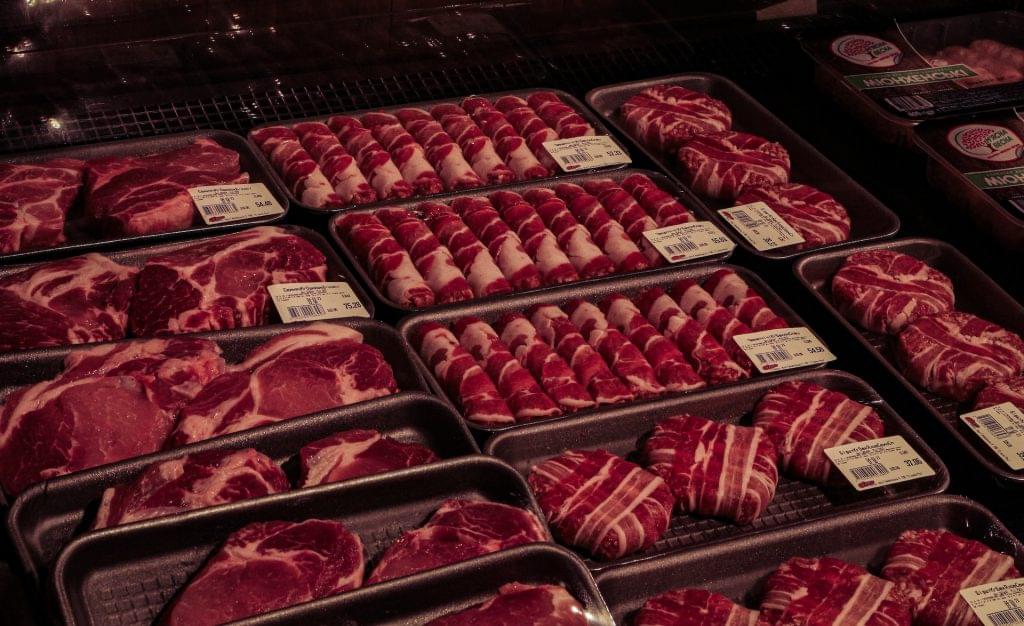UNEP: Meat and dairy alternatives can “significantly reduce” the environmental impact of the global food system
According to the latest report of the United Nations Environment Program (UNEP), the rise of meat and milk alternatives can “significantly reduce” the environmental impact of the global food system.

According to the UNEP report, “What’s the point? Analysis of the potential impact of new alternatives to conventional animal products”, this positive effect is most felt in high- and middle-income countries, provided they use low-carbon energy for production. during.
The report states that meat and dairy alternatives – including novel plant-based meats, meat grown from animal cells and protein products produced by fermentation by microorganisms – have “significant potential” to reduce greenhouse gas (GHG) emissions and contribute to deforestation. , water and soil pollution, and to reduce the loss of biodiversity, and they can also have a positive effect in terms of animal welfare.
Related news
High-value shopping basket and more conscious shoppers: growing demand for domestic and healthy products
🎧 Hallgasd a cikket: Lejátszás Szünet Folytatás Leállítás Nyelv: Auto…
Read more >AM: Development of Hungary’s most valuable water snail habitat has begun
🎧 Hallgasd a cikket: Lejátszás Szünet Folytatás Leállítás Nyelv: Auto…
Read more >Related news
The Year of the Horse – Culinary trends in 2026
🎧 Hallgasd a cikket: Lejátszás Szünet Folytatás Leállítás Nyelv: Auto…
Read more >








